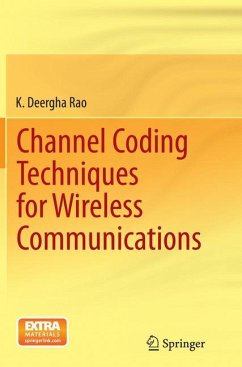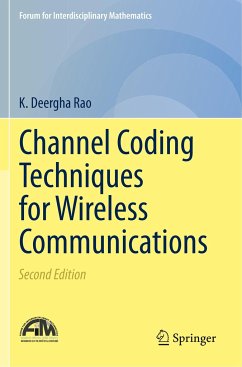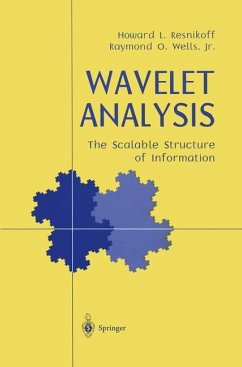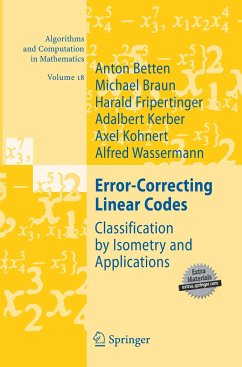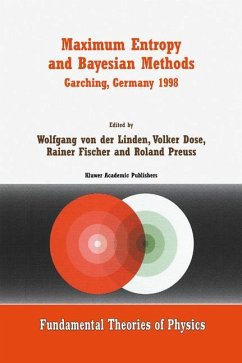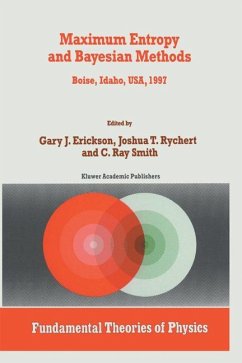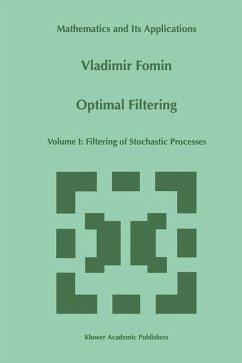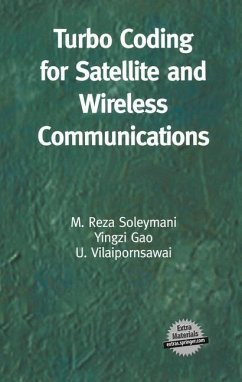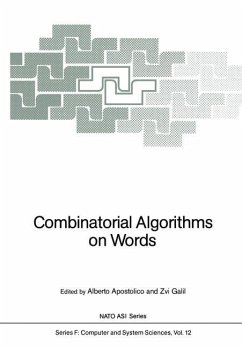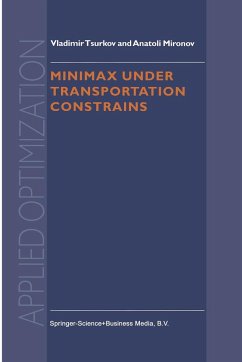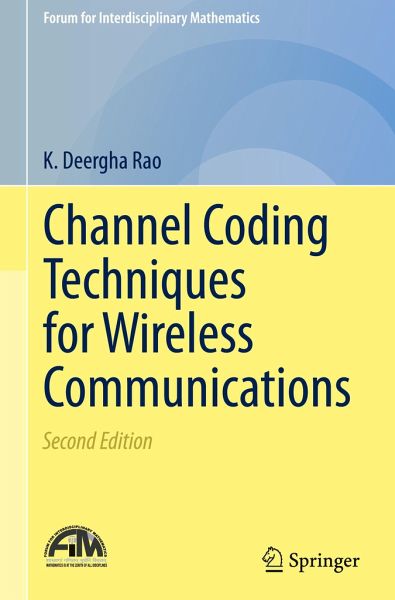
Channel Coding Techniques for Wireless Communications
Versandkostenfrei!
Versandfertig in 6-10 Tagen
98,99 €
inkl. MwSt.
Weitere Ausgaben:

PAYBACK Punkte
49 °P sammeln!
This book discusses the latest channel coding techniques, MIMO systems, and 5G channel coding evolution. It provides a comprehensive overview of channel coding, covering modern techniques such as turbo codes, low-density parity-check (LDPC) codes, space-time coding, polar codes, LT codes, and Raptor codes as well as the traditional codes such as cyclic codes, BCH, RS codes, and convolutional codes. It also explores MIMO communications, which is an effective method for high-speed or high-reliability wireless communications. It also examines the evolution of 5G channel coding techniques. Each of...
This book discusses the latest channel coding techniques, MIMO systems, and 5G channel coding evolution. It provides a comprehensive overview of channel coding, covering modern techniques such as turbo codes, low-density parity-check (LDPC) codes, space-time coding, polar codes, LT codes, and Raptor codes as well as the traditional codes such as cyclic codes, BCH, RS codes, and convolutional codes. It also explores MIMO communications, which is an effective method for high-speed or high-reliability wireless communications. It also examines the evolution of 5G channel coding techniques. Each of the 13 chapters features numerous illustrative examples for easy understanding of the coding techniques, and MATLAB-based programs are integrated in the text to enhance readers' grasp of the underlying theories. Further, PC-based MATLAB m-files for illustrative examples are included for students and researchers involved in advanced and current concepts of coding theory.



